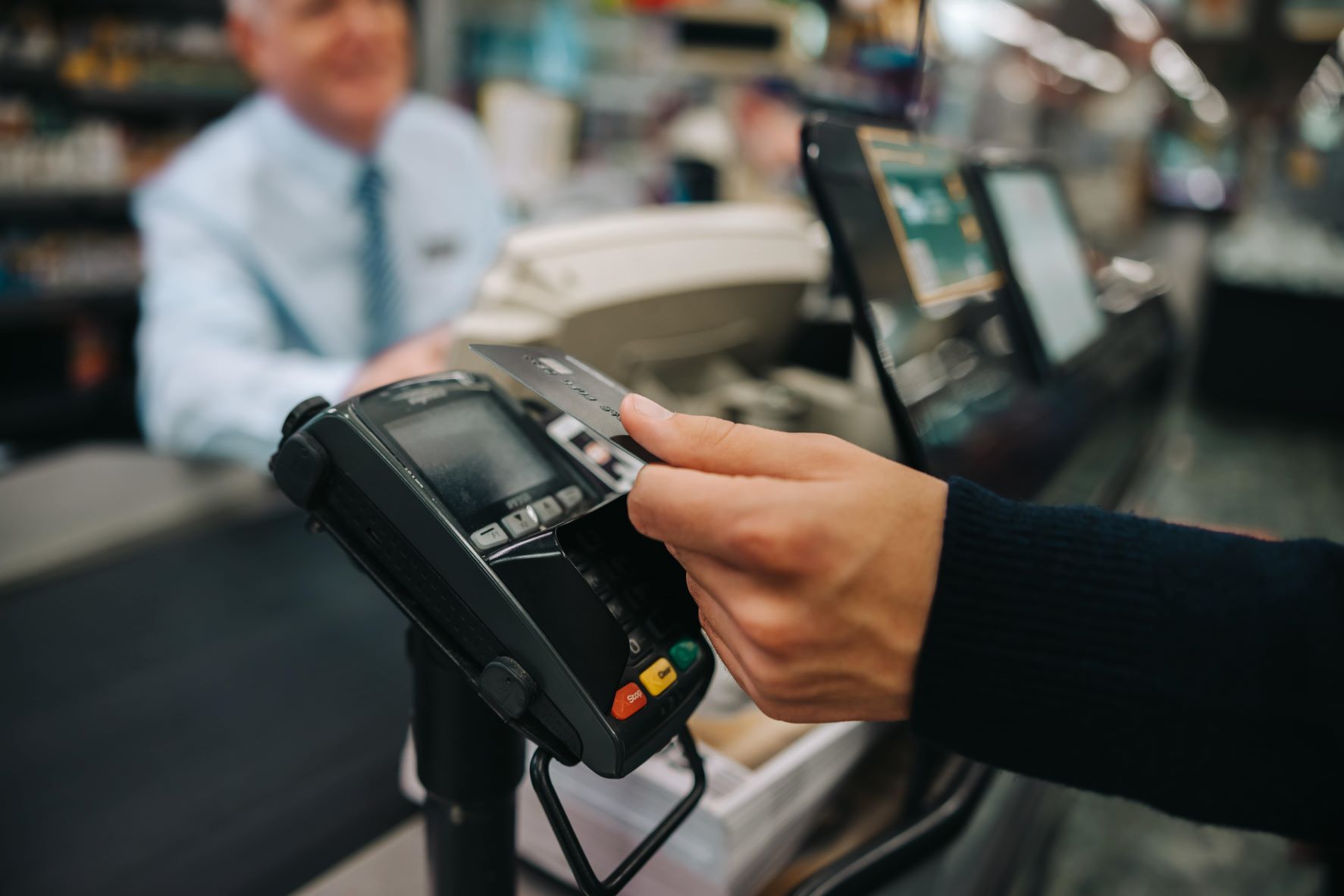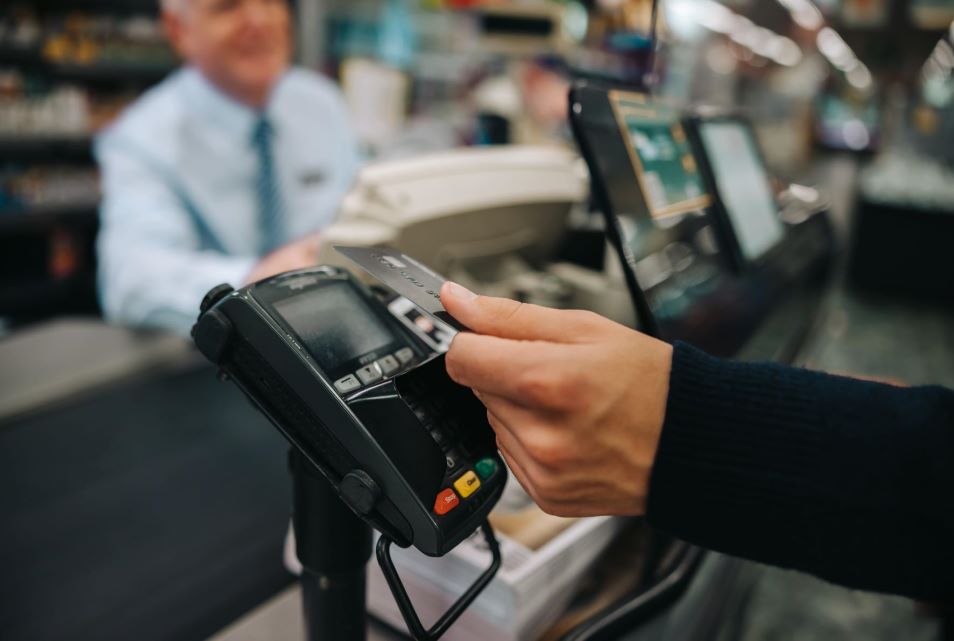
When you’re setting up your online business, one of the most important things to consider is how you will be accepting payments from your customers. To get started with this, plain and simple, you need to partner with an acquirer.
What is an acquirer?
Also known as an acquiring bank, an acquirer is a financial institution that is licensed to process card transactions on behalf of merchants and provides the latter with merchant accounts. Before becoming acquirers, a bank or a fintech must comply with a list of regulations imposed by Visa and Mastercard.
Once a company is accepted for a merchant account, the acquirer is responsible for processing card transactions on the merchant’s behalf and completing the financial settlement so that the merchant is paid.
How does an acquirer work?
The acquirer is the middleman between the issuing bank, where your customer has his card account and your business bank account. When receiving a payment, the acquirer checks with the issuing bank whether the card number is valid and if there are sufficient funds for the purchase.
It will then test the identity of the person making the purchase through an authentication process, usually performed using a system called 3D-Secure 2 (3DS2). If both processes are completed successfully, the acquirer will withdraw the funds from the customer’s account and transfer them to the merchant’s account after a certain holding period.
How to choose the right acquirer
When it comes to choosing an acquirer, businesses need to consider their payment needs. Think about the types of payments you will need to accept, the number of transactions per month and the average size of your online cart, as most acquirers charge a percentage of the transaction.
Here are a few more things to consider:
International growth and currency support
Is your proposed acquirer active in the countries you are trading in? Do they support multiple currencies? Your customers will be deterred if they cannot make a payment in their local currency.
Integration with your current payment systems
Does this acquirer work with your payment gateway? Does it support subscriptions and recurring payments? The last thing you want to do is frustrate your customers because their payments keep getting rejected.
The name of the acquirer
Make sure your contract has the name of your acquirer clearly identified, and payments are not getting processed through a third party.
Support in your language and timezone
It’s important that any payment issues will be addressed timely and that support is available in your language and your timezone. When payments fail, customers rarely give you a second chance. Some acquirers, like Trust Payments, offer 24/7 support.
A quick start
Once you sign a contract, you want to make sure you can start accepting payments quickly.
Fees
Acquirers usually take a percentage of your transaction fees. Here is a list of other fees to be mindful of: setup fee, monthly fees, sign up fees, refund fee, currency conversion fee, chargeback fee and transaction limits.
Fraud mitigation
Make sure that your chosen acquirer implemented anti-fraud measures like strong authentication through 3Ds2, AML processes, and fraud detection.
Strong security
Security is also paramount, and you will want your acquirer to be financially regulated by the Financial Conduct Authority and compliant with the PSD2 European Directive.
Payment timeliness
As explained before, after withdrawing money from the customer account, the acquirer will usually hold the money for a period of time before transferring it to the merchant’s account. Check the different types of settlement periods or payout timeframes as some acquirers offer these daily, weekly or monthly.
Keeping things simple
It’s best advised to simplify all your payment processes by centralising all your payments with one supplier. This will give you a clear overview of your business and spending, as well as one central point of contact.
Key takeaways
An acquirer is a financial institution that is licensed to process card transactions on behalf of merchants.
They receive and assess payments and process all required checks on the customer’s account to ensure funds are available.
Some acquiring banks will also offer services for payment processing and products like payment gateways.
Now that you have essential information about the role of acquirers in the payment process and what to look for, you can feel more confident about accepting online payments.
Still undecided? We have an entire solution to help ensure you never miss a payment. Contact us today.





